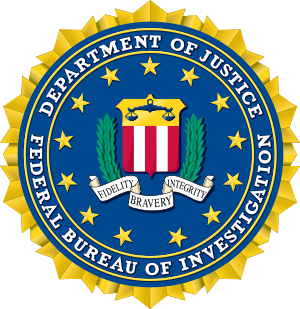 I’m a big fan of the federal justice system, especially the FBI; more so in comparison to the oft happening incompetence and corruption of the local criminal justice system. The other reasons include the FBI’s national agenda against human trafficking, public and police corruption, the opiate crisis, and money laundering.
I’m a big fan of the federal justice system, especially the FBI; more so in comparison to the oft happening incompetence and corruption of the local criminal justice system. The other reasons include the FBI’s national agenda against human trafficking, public and police corruption, the opiate crisis, and money laundering.
Recently federal law enforcement brought charges against four men in Guam following a federal sting into child sex trafficking. A RICO investigation is ongoing into clearly illegal gambling and money laundering activities (through cryptocurrency) of local cops.
But sometimes I wonder whether some of their other activities and their silence on other crimes are indications the Feds might be missing the mark in the Marianas.
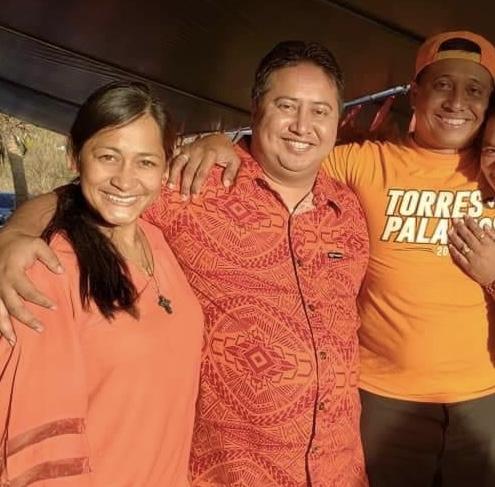 For starters, it has been nearly five years since the FBI raided the home and office of then-CNMI Governor Ralph Torres, his brothers’ law firm, and the legal offices of Imperial Pacific International CNMI, LLC on allegations of fraud, wire fraud, money laundering, corruption, and foreign interference in a United States election. That raid followed the uncovering of major federal crimes by investigative reports by two reputable international news outlets. Yet, to this day, no public charges have been filed. Meanwhile, Mr. Torres was able to leave office having squandered hundreds of millions of dollars in federal pandemic funds to the tune of an $80 million deficit (over-obligation), and a Commonwealth now reeling in financial and economic disaster.
For starters, it has been nearly five years since the FBI raided the home and office of then-CNMI Governor Ralph Torres, his brothers’ law firm, and the legal offices of Imperial Pacific International CNMI, LLC on allegations of fraud, wire fraud, money laundering, corruption, and foreign interference in a United States election. That raid followed the uncovering of major federal crimes by investigative reports by two reputable international news outlets. Yet, to this day, no public charges have been filed. Meanwhile, Mr. Torres was able to leave office having squandered hundreds of millions of dollars in federal pandemic funds to the tune of an $80 million deficit (over-obligation), and a Commonwealth now reeling in financial and economic disaster.
Where are the Feds?
Evidence of the suspected illegal use of federal pandemic funds by the government of Guam related to the procurement of a hotel, direct purchases of media buys into a company owned by the family of the governor, and the purchase of millions in pandemic-era supplies without regular procurement from companies connected to the administration has been sent to the FBI and has been part of the public conversation for years now.
Where are the Feds?
I personally gave the FBI evidence of corruption in the Calvo administration involving the insurance contract.
Where are the Feds?
The constant pursuit of the Martinezes
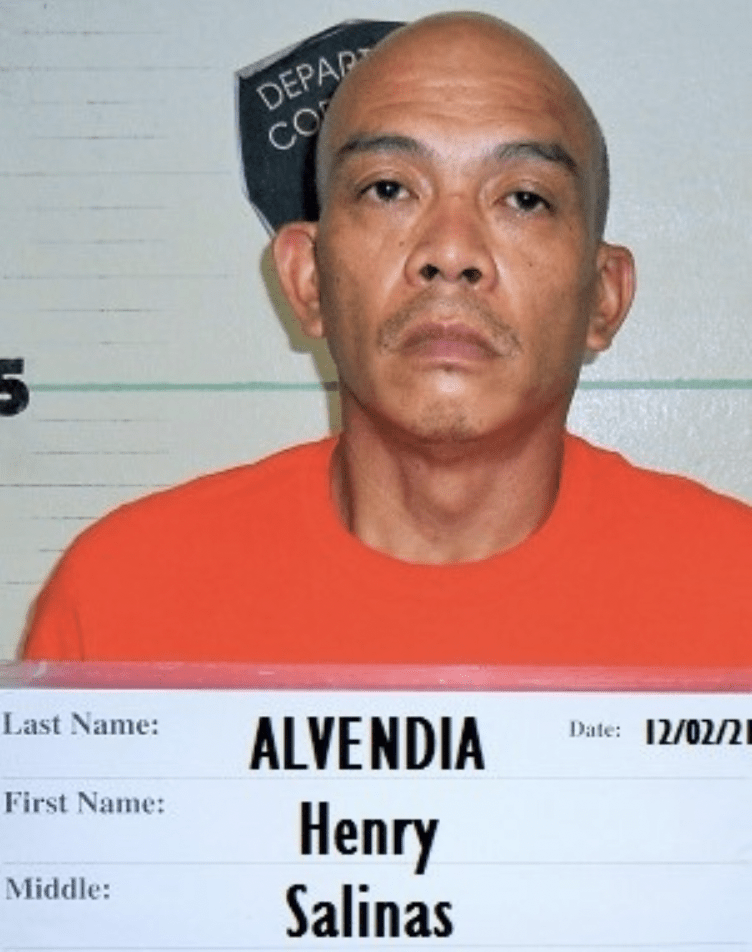 In 2018, hundreds of thousands of dollars in federal resources were used to prosecute Raymond and Juanita Martinez on allegations of 2015 drug trafficking crimes. The Feds lost twice. To make a long story short, the federal government moved its prosecution of the Martinezes to California, where they eventually pleaded guilty to a lesser offense of using a telephone to further a drug trafficking conspiracy. The crux of the case was based off the testimony of Henry Alvendia, a former high ranking customs cop convicted of the largest police corruption case in Guam to date.
In 2018, hundreds of thousands of dollars in federal resources were used to prosecute Raymond and Juanita Martinez on allegations of 2015 drug trafficking crimes. The Feds lost twice. To make a long story short, the federal government moved its prosecution of the Martinezes to California, where they eventually pleaded guilty to a lesser offense of using a telephone to further a drug trafficking conspiracy. The crux of the case was based off the testimony of Henry Alvendia, a former high ranking customs cop convicted of the largest police corruption case in Guam to date.
I watched both of the 2018 Guam trials. It was Alvendia’s credibility that produced the reasonable doubt in the minds of jurors in both trials.
During the second trial, the FBI began to investigate one of the Martinezes’ private investigators on their case – John “Boom” Mantanona – for crimes unrelated to what the Martinezes were facing trial. During that investigation the FBI intercepted two phone calls, one with Raymond, and the other with Juanita Martinez.
In his November 1, 2018 phone conversation with Juanita Martinez, Mr. Mantanona discussed their second trial victory, informed her that he will have his family attend the trial, and raised the issue of his closeness with one of the jurors. He told her not to worry about the trial. To each of Mr. Mantanona’s comments, Ms. Martinez replied, “Okay,” according to transcripts of the wiretaps, which were forwarded to the U.S. District Court of Guam.
On November 12, 2018, Mr. Mantanona spoke on the phone with Raymond Martinez and informed him that one of the jurors had contacted him. Mr. Martinez told him he did not wish to discuss such matters on the phone and ended the phone call.
To make a long story short, when the Martinezes pleaded out in 2019 to the 2015 crimes, a large part of the record leading to the plea agreement involved the uncharged allegations of jury tampering. During sentencing, the judge considered the jury tampering allegations and included it in their four-year prison sentence, which they served before returning to Guam in 2022. They got jobs and put their lives back together before the U.S. Attorney’s office decided to enter new charges for the jury tampering allegations.
It was an eye opener to learn that despite the Constitution’s double jeopardy clause, the fact that the Martinezes already served jail time in part for the jury tampering allegations does not bar federal prosecutors from pursuing a new case. It’s no big surprise that, given the opportunity, federal prosecutors would pursue this case against the Martinezes. At the end of the second trial, the federal prosecutor at the time threw a fit in open court, announcing that he would prosecute the pair 30 or even 100 times until he gets a conviction.
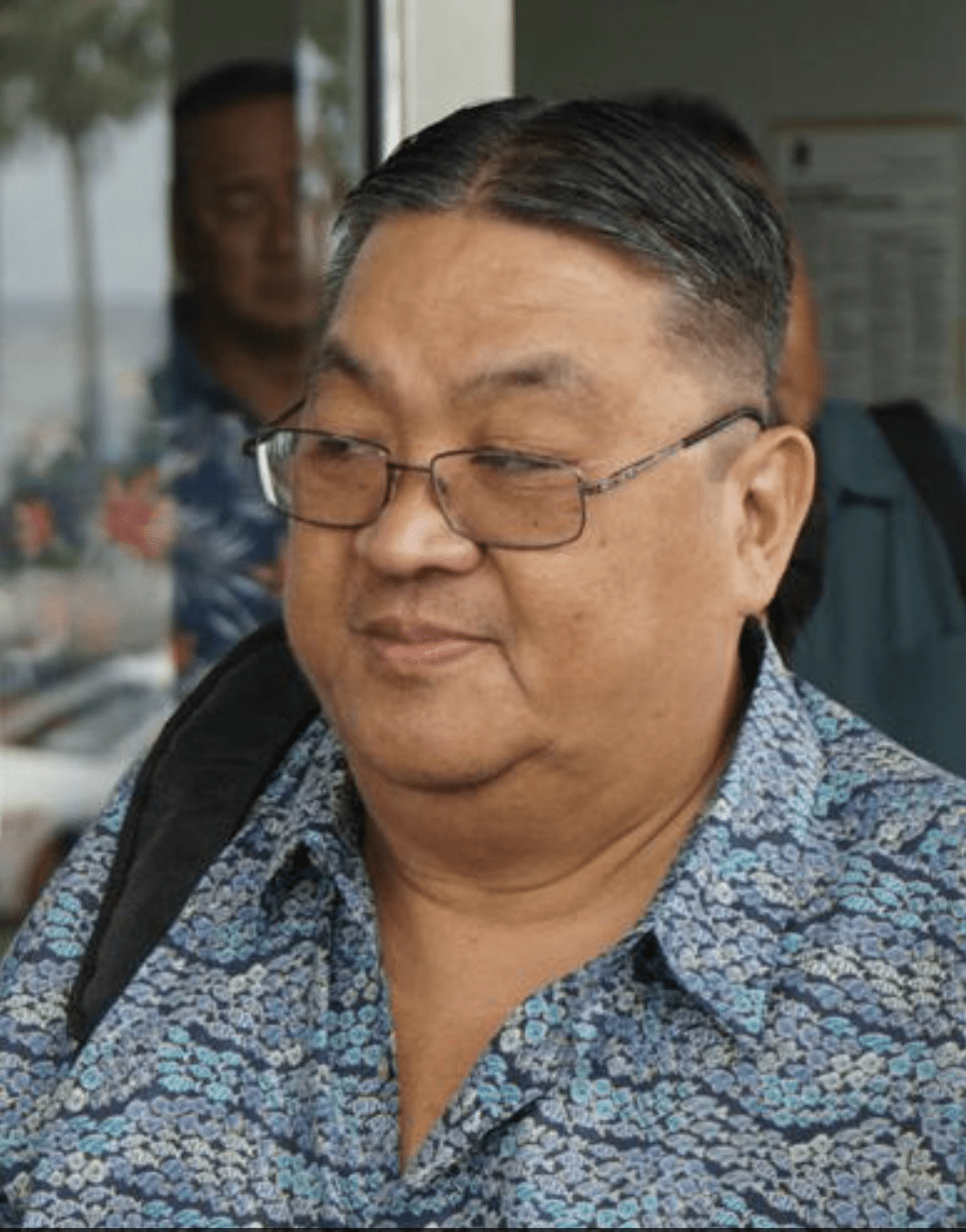
The clincher? Just as in the drug case where a dirty convicted cop was the star witness, the expected star witness in the jury tampering case is Boom Mantanona. In fact, the only evidence the federal government has in this case are the two intercepted phone calls and the word of a man under sealed federal indictment related to drug trafficking, jury tampering, and police and public corruption.
Aren’t there better uses of federal resources? Do we have to endure this vendetta while wondering about the federal silence on the corruption alleged into the Torres, Calvo, and Leon Guerrero administrations?
The bingo prosecution
Federal prosecutors also have brought an illegal gambling case against a businessman and the former officers of a now-defunct nonprofit organization that operated the former Hafa Adai Bingo at the old Guam Greyhound Park. The businessman, Michael Marasigan, is alleged to have controlled a conspiracy where his company provided services for the operation of bingo by the former nonprofit, Guam Shrine Club. The majority of $34 million in funds accumulated over a three year period were divvied out to Marasigan and several others, with only a small portion benefitting the recipients of the Guam Shrine Club’s purpose: off island medical care for children.
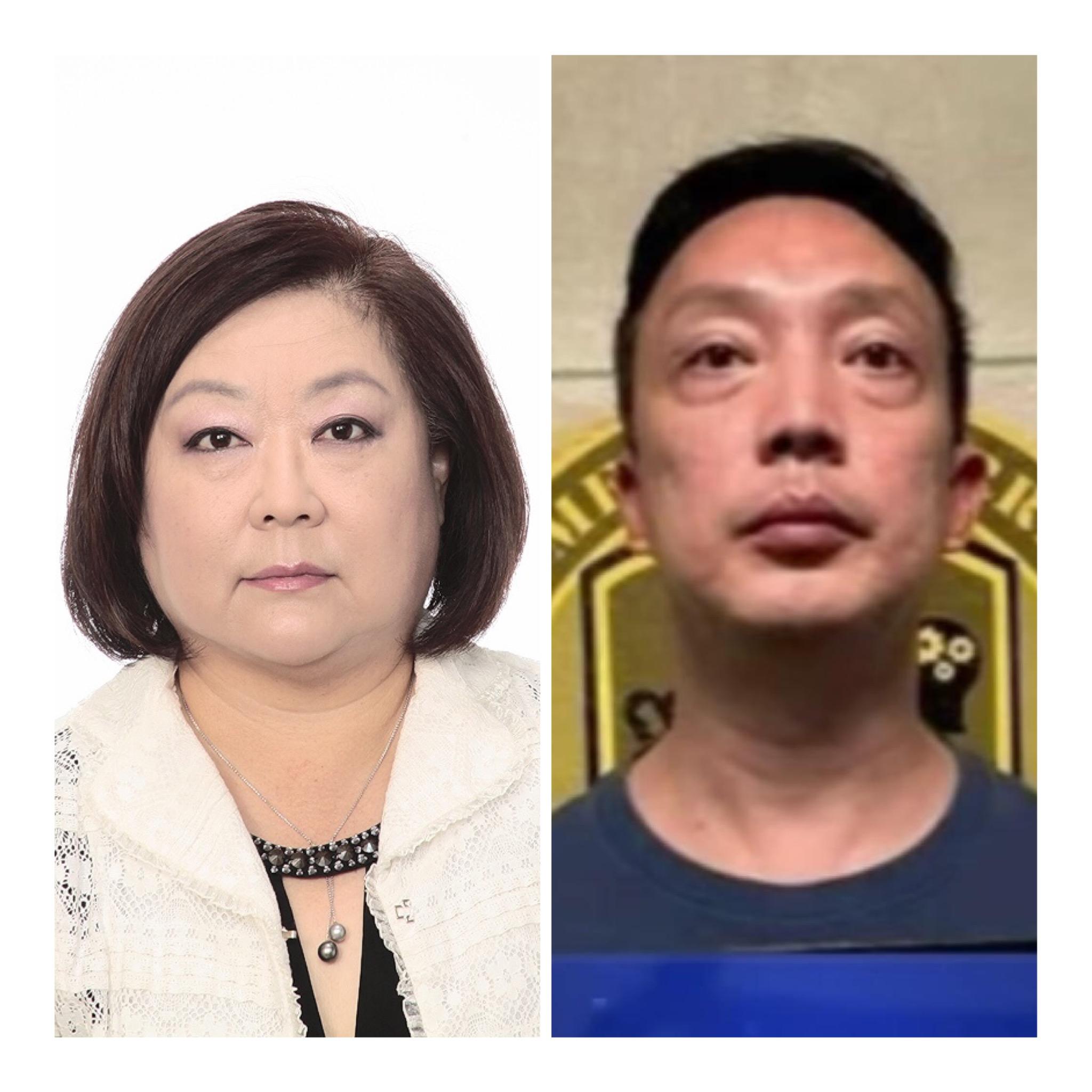
Here’s the thing: Bingo is not illegal in Guam. And I question whether the operation of Hafa Adai Bingo was even illegal, as alleged by the Feds. I need to disclose this at this point: Mr. Marasigan is my former boyfriend. We lived together from 2006 to 2016. The period of the conspiracy began in 2015, allegedly. I have limited knowledge of his business activities from that time, but I do remember some key facts.
Bingo is legal in Guam so long as it is operated by a nonprofit organization and that nonprofit applies for and receives the permit. Every bingo operation contracts consultants to do what the nonprofit organizations cannot do: provide personnel and maintain bingo devices, cards, boards, etc. That was what Mr. Marasigan’s company was to Guam Shrine Club: its chief consultant.
Prior to the formation of Hafa Adai Bingo in 2015, Mr. Marasigan partnered with the owner of California Mart and together they provided the consultant services for Guam Shrine Club’s bingo operation at the Hakubotan building in Tamuning. His partner was the main investor in the consultancy, so she earned profit from the consultancy while he took a pay check.
A few months after his new partnership for the Hafa Adai Bingo at Guam Greyhound with Won Sun Min (owner of Mijoo Realty and now a convicted felon) fell apart, Mr. Marasigan took sole control of the consultancy and that meant he was able to earn all the profits of the consultancy. It was Guam Shrine Club’s officers who voted year after year to hire the Marasigan consultancy to run the bingo operation and to approve the collection of monthly stipends from the bingo proceeds that would go toward the non profit’s charity.
Here is what I remember from the early days of that alleged conspiracy: Mr. Marasigan and the Guam Shrine Club officers brought this entire scheme before the Guam Department of Revenue and Taxation. From the days of the Hakubotan bingo into the new permit for the Guam Greyhound Bingo, it was the chief of the business license branch, the late George Cruz (who also was a former director of revenue and taxation), who verified that not only was the scheme legal according to Guam law, every other bingo operation does the same thing. And that’s precisely why they all have permits. It was the government that allowed it.
Was it the right thing to do? Absolutely not. It was completely unethical. It reeked of a businessman who got too greedy. Guam DRT should have told senators about the loophole in their bingo gambling law.
But was it illegal?
I suppose that’s what federal prosecutors will have to prove to a jury.
But in the grand scheme of things, and considering the economy of judicial resources, why are the Feds spending so much time on victimless cases (per se) instead of the major crimes that happen that hurt so many, and in the case of public corruption, hurt us all?
Why do bad cops get a break when they’re caught and convicted, as in the case of Henry Alvendia, who orchestrated the largest police corruption conspiracy convicted to date? When Boom Mantanona’s case is unsealed, we will be able to confirm suspicions that he pleaded out years ago and has been cooperating with the Feds. If he has pleaded out, then it would confirm that another dirty cop went down for allegedly having orchestrated a conspiracy even larger than the Alvendia one.
Will he spend even one day in prison?
What about all the cops accused of using their badges to conceal their illegal gambling activities and to muscle people into paying debts? Then laundering their proceeds through cryptocurrency? So far one man has gone down – the cryptocurrency broker, Julian Weymouth. What about the rest?
This ironically reminds me of the work of the Mandana Drug Task Force. They made all those headlines about taking meth off the streets, when all they did was go after drug users and pawns in the drug trafficking industry. All the while, their activities were being dictated by the major drug traffickers whom the police protected.
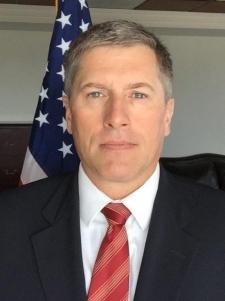
I understand that it’s not like the FBI and the U.S. Attorney are going to announce their daily agendas. Perhaps criminal justice on the big stuff really is on the way. I haven’t lost my faith in the FBI or the U.S. Attorney. But as the days go by, I am losing hope that we’ll ever find true criminal justice in the Marianas if in fact Ralph Torres gets away with it all, and not even a peep of an investigation occurs into GovGuam’s use of pandemic funds.






1 Comments
Russ Mason
06/26/2024 at 12:50 PM
It’s different on Saipan.
The Agents are either at Godfather’s bar, or are just cruising around in their, shiny, new, black SUV’s.
They have an office, but the door is always locked.